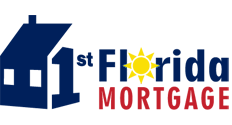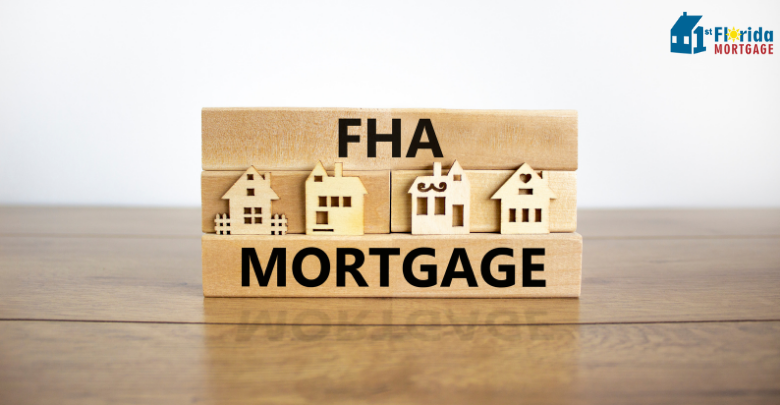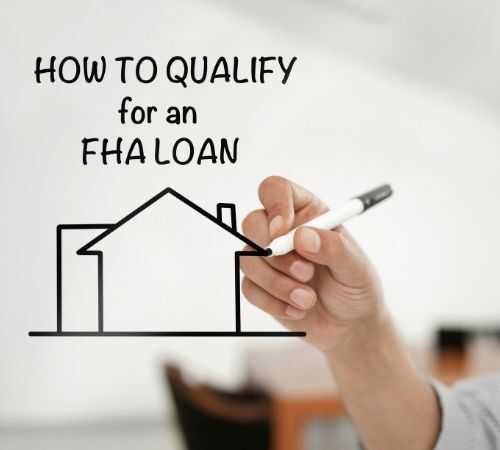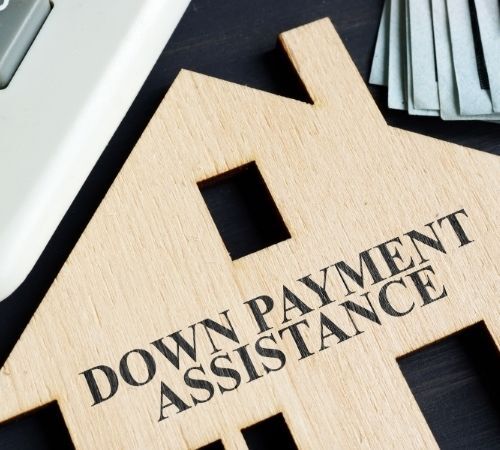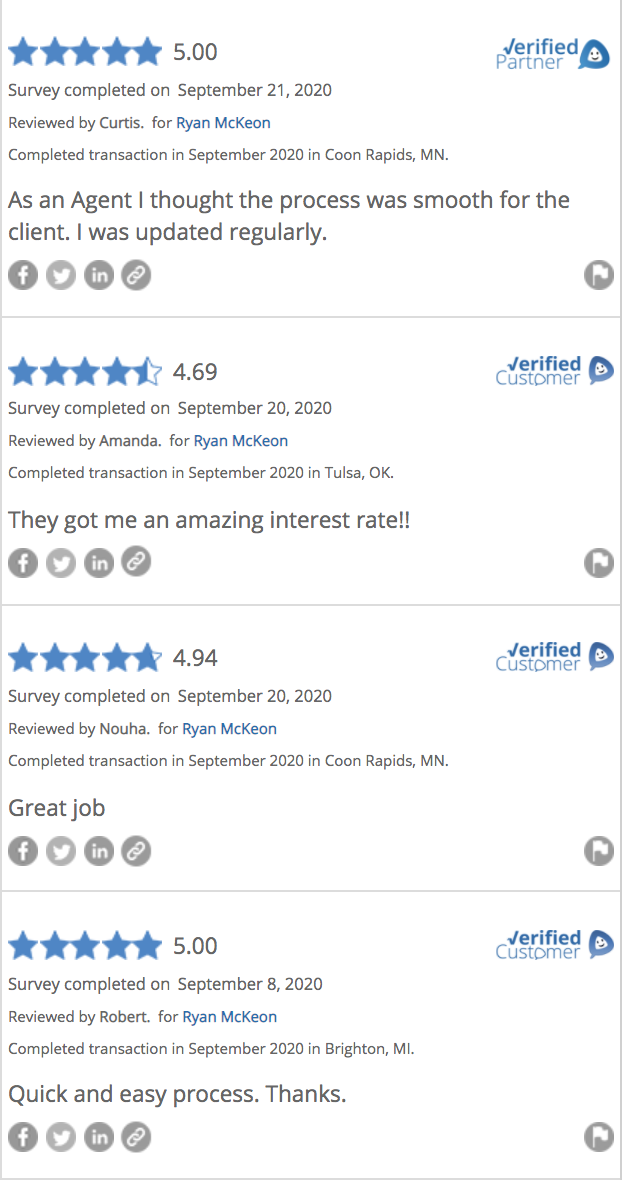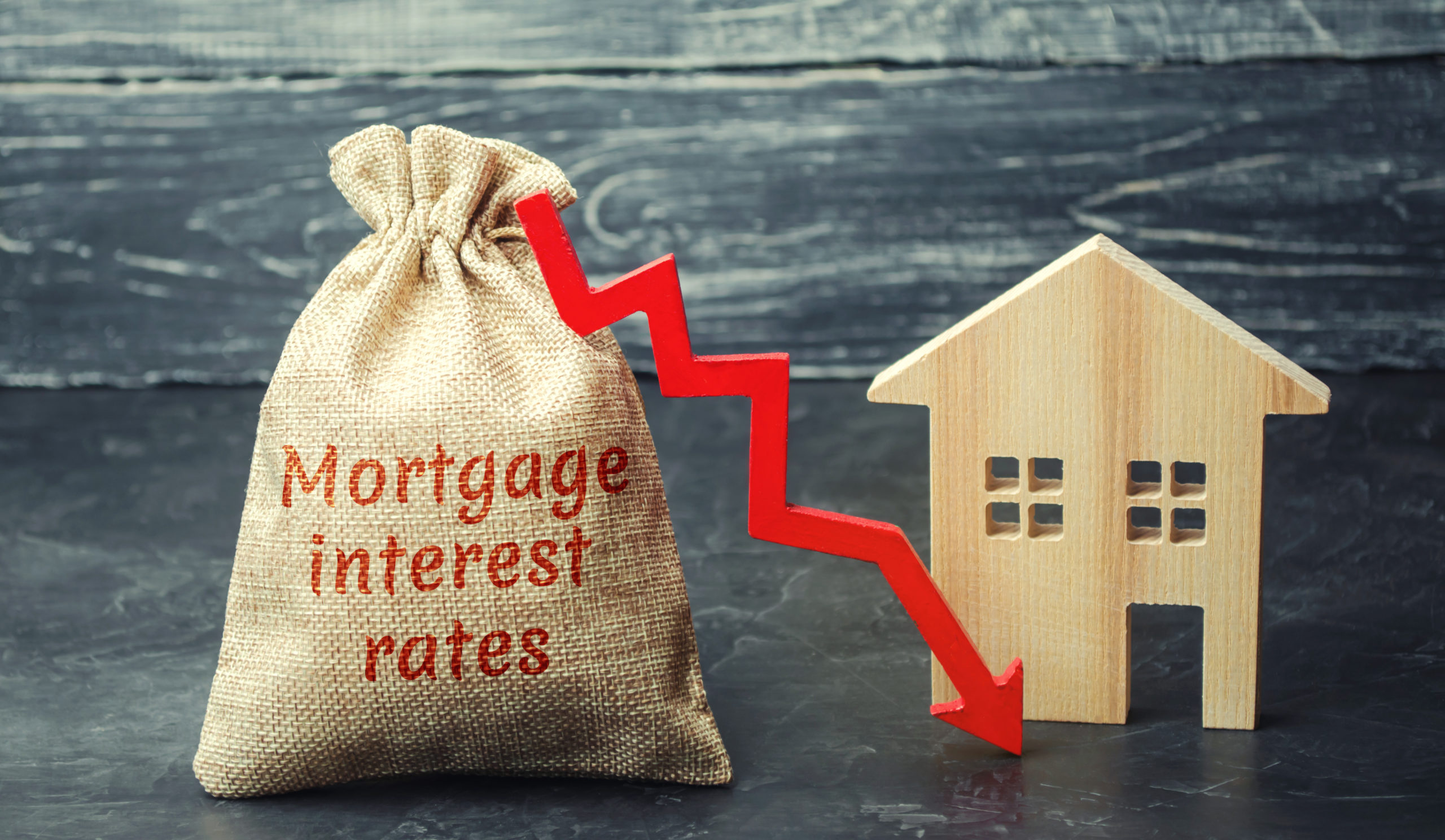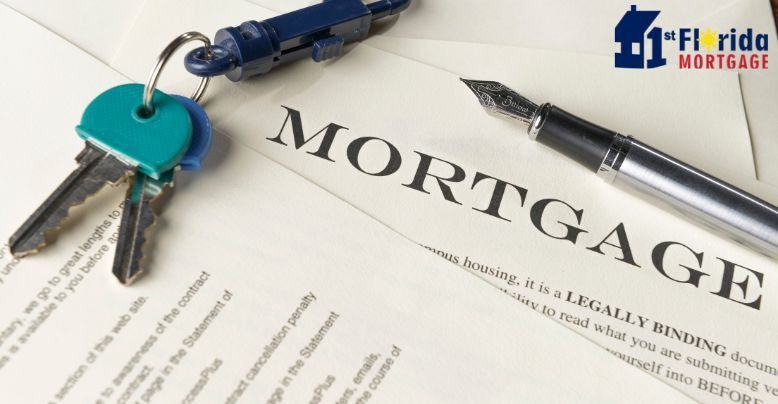FHA loans are a mortgage product that the federal government backs. They allow buyers with less-than-perfect credit to purchase a home in Florida. According to a study conducted by the Federal Housing Administration, FHA loans have been helping more than half of all first-time homebuyers become homeowners.
In this blog, our reliable Florida mortgage company will help you look closely at the requirements, loan limits, and FHA rates to help you determine if an FHA loan is right for you and what your maximum borrowing options are.
What Is An FHA Loan?
Fannie Mae, a federally chartered mortgage entity, was organized in 1938 to provide stability to the housing market. The Federal Housing Administration (FHA) was created under the National Housing Act in 1934.
The mission of FHA is to broaden homeownership opportunities for moderate- to low-income families by insuring loans made by approved FHA lenders in properties that conform to FHA standards. At the same time, it protects lenders against homebuyers who default on their loans. Doing so has increased access to homeownership for millions of Americans with less-than-perfect credit ratings or financial assets.
Though FHA loans are offered at a low down payment and lower minimum credit score limits, the borrowers still have to pay the mortgage insurance premiums. However, the rates are much lower now than they were before 2008.
The above options provide a great deal of flexibility, which is why they have become popular among borrowers or first-time homebuyers in Florida who might not otherwise qualify to purchase a home.
Here are some of the benefits of FHA Loans
- The primary use of FHA loans is low down payments and credit score requirements to qualify for a loan.
- There are no prepayment penalties, so homeowners can pay off their homes faster if they have extra cash or funds from selling another property in their accounts.
- The interest rate on FHA Loans in Florida is typically lower than on conventional mortgages.
- FHA loans have a “rescue clause” that does not allow the Florida mortgage lenders to call the loan due if the borrower gets into financial difficulties.
- FHA loans are assumable by another party if you sell your home, so there’s no need for the new owners to re-qualify.
- Closing cost and fees for an FHA loan is less than a conventional loan and can be rolled into the loan amount.
Requirements For FHA Loans
For borrowers with less than perfect credit history of bankruptcy or foreclosure, their best option is to get an FHA loan issued by a private lender in Florida.
However, there are specific eligibility requirements for getting approved on an FHA loan. Here is the list:
- Per the FHA guidelines, the home you are planning to buy in Florida must be appraised by an FHA appraiser.
- You only qualify for an FHA loan if the home you are buying is for your primary residence and is not used for an investment or as a rental property.
- FHA Loans are available for 1-4 unit properties. These include single-family homes, townhouses, and condominiums. For single-unit properties, the maximum financing available is 96.5% of the appraised value, while it’s 97% for two units. The loan amount must be under the FHA loan limits set in Florida.
- You must occupy the property within 60 days of purchase.
- An inspection must also be conducted on the property by an FHA-approved inspector to make sure that all repairs and modifications meet federal standards.
The above-listed are the most basic of requirements for getting an FHA loan. However, there are a few more specific requirements that a borrower needs to qualify for FHA loans in Florida. Let’s explore them in-depth in our next segment.
Down Payments for FHA Loan
Your down payment is a percentage of the purchase price you will pay to your mortgage lenders when you buy a home in Jacksonville, FL. For example, the down payment required for an FHA loan is just 3.5% of the property price for a credit score of 580 or more.
However, for borrowers with a credit score of 500 and below, the down payment required is 10% of the purchase price. For borrowers who make a down payment of less than 5% on an FHA loan, the lender will add Private Mortgage Insurance (PMI) to their monthly payments.
If you already own a home and want to buy another one, then your down payment for the new home can come from your prior home’s equity. For instance, if you sold your old property and made $100,000 as profits after selling costs such as commissions and legal fees, then you can use that money as a down payment for FHA loans.
Credit Score Requirement For FHA Loans
The factors that determine the credit-worthiness of a borrower include:
- You hold the type of credit like student loans, car loans, or credit cards.
- The percentage of balances you owe on these accounts.
- The amount of debt owed to all creditors is a percentage of your total available credit limit.
- Your payment history, i.e., the number and type of delinquencies for past due bills or missed payments on your account.
- The length of time you have had your credit accounts open.
- Credit utilization, i.e., the amount you owe concerning your credit limit on individual accounts, also plays an essential role in determining your credit score.
Generally, FHA loans are available for borrowers with a 580 or higher credit score. If you have a high credit score, you may be able to qualify with a higher debt-to-income ratio. The debt to income ratio is the percentage of your total monthly income to pay for all your debts and living expenses. This must be below 45% to qualify for an FHA mortgage.
If your score falls between 500 and 579, you need to reduce the amount owed by spending less on your credit cards or paying down existing balances. You can also try raising funds for a larger down payment and show the Florida mortgage lenders that you will be able to make higher monthly installments and pay back the loan in time.
Mortgage Insurance requirement for FHA Loans
All borrowers need to pay a mortgage insurance premium on their FHA loans. This is because FHA insures the lender against any losses that may occur due to foreclosure or default on the borrowers’ part.
In most cases, a borrower must pay a mortgage insurance premium (MIP), which is around 1.25% of the outstanding balance. The borrower will pay this fee for his entire FHA loan tenure, i.e., until he spends the whole loan amount to FHA.
However, there are exceptions, even in the case of MIP, where one can lessen their burden by refinancing their home with conventional Florida mortgage loans. For example, if the borrower has paid off 20% of his FHA loan, he can switch to a traditional loan for which MIP will not be required.
Once the borrower pays down 25% of the original principal amount, he is free from paying mortgage insurance premiums. As a result, some home buyers choose to refinance their loans after building enough equity to avoid paying higher premiums for FHA loans.
FHA Loan Limits
The FHA loan limits for your area determine the maximum amount you can borrow for a single property. The limits are set well below the average purchase price of homes in your area and vary depending on your location, location, and the number of units present in the house.
For example, to qualify for an FHA Florida home loan, the maximum loan limit set by the Federal Housing Authority as of 2022 is $420,680 for a single-family home and $1,366,750 for a four-plex.
If you buy a condo, townhome, or cooperative apartment, the maximum limit is set based on how many units it has. If your FHA loan application gets approved and you need to borrow more money than the allowed amount for your property, you can get funds by borrowing from another lender who will charge an interest rate higher than the FHA rates.
The Federal Housing Authority allows borrowers to exceed the maximum limit in certain situations, including purchasing a property cash-on-hand, getting funds for significant renovations, buying a highly-priced home, or acquiring any additional properties.
FHA Loan Rates
The government backing that FHA loan enjoys reduces the risk factors posed by the borrower and allows the Florida mortgage lending company to charge lower rates in return.
For example, if you go for a 30-year FHA loan, your interest rate will range from as little as 3% to 5.25%. In comparison, most home loans available today usually have an interest rate of around 4.5%- 5.35%. This means that you can save thousands of dollars on interest payments over the lifetime of your loan.
Conclusion
Getting an FHA home loan in Florida is an excellent way for first-time buyers to purchase their dream homes without going over budget. While FHA loans require borrowers to purchase mortgage insurance, they also offer excellent rates and allow you to save money in many ways.
Read our in-depth guide on steps to follow to get a mortgage for your house.
So, if you are looking for a home loan in Florida with lenient terms, low down payment, and flexible credit requirements, FHA loans are the best option for you. Check out your loan options with the help of 1st Florida Mortgage, one of Florida’s top Mortgage companies!
For more information or to check your eligibility, contact us today!
